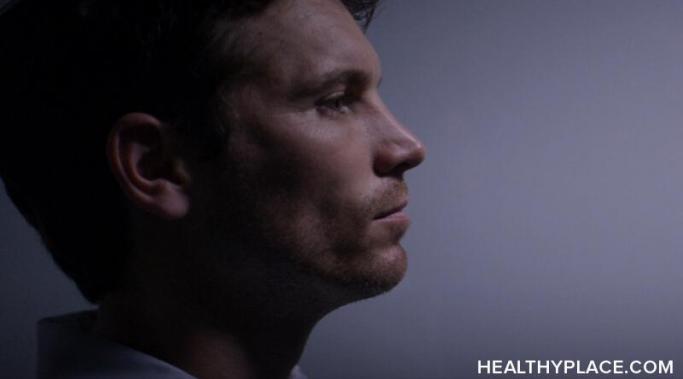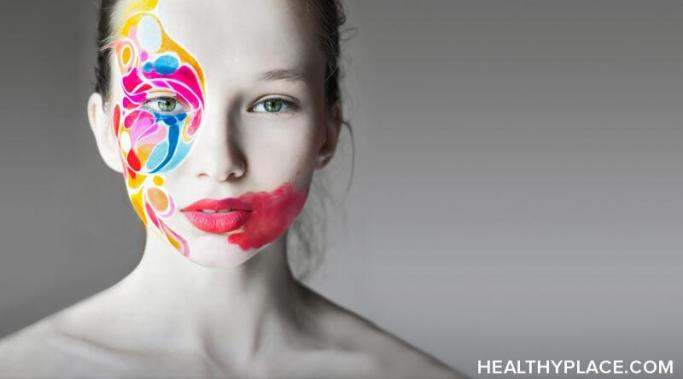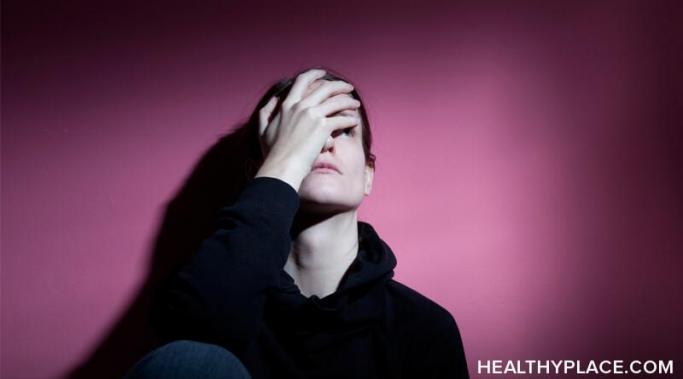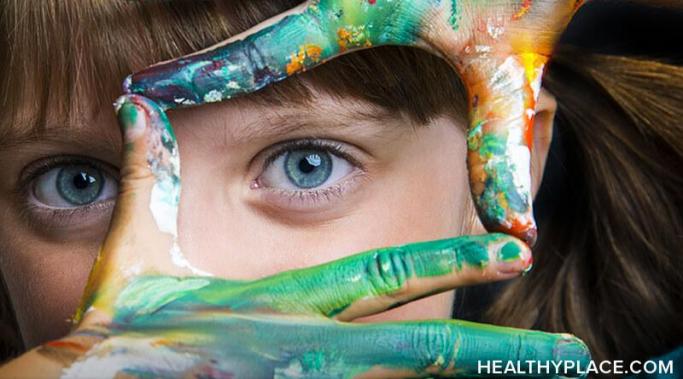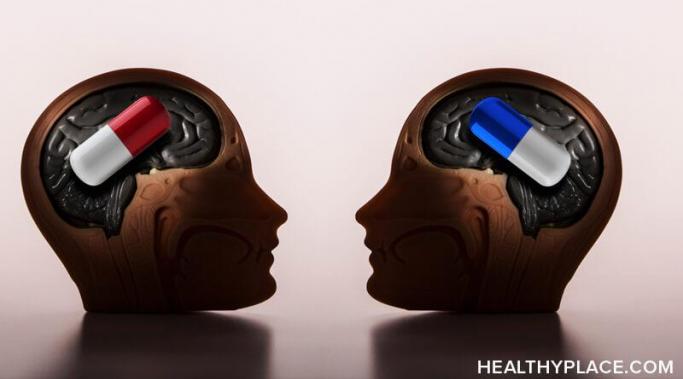Schizophrenia and addiction seem intertwined for me. I don't know if I am more prone to addiction because of my mental illnesses, but it seems like it. For years I smoked cigarettes, and I believe they were masking my more problematic symptoms and emotions or that smoking was a coping mechanism for the symptoms, which were increasing the older I got. I didn't have my first episode of psychosis until my late twenties. Still, before that, I dealt with anxiety, often staying up late into the night, going over every detail of every conversation I had earlier in the day -- constantly worrying that I said or did the wrong thing.
Creative Schizophrenia
Which is worse, having really bad arthritis in my knees or hearing voices? I don’t know. They both stink, and I’ve suffered from both. Not that rank needs to be pulled, but maybe I’ll figure out which one is worse--or which one I can cope with better--by writing about hearing voices versus arthritis.
For me, psychosis involves auditory hallucinations (hearing voices and sounds) and is the most dangerous part of my illness. The last time I went to the emergency room for symptoms of psychosis, the doctor asked me if I heard voices, and when I answered that I was, he asked an important question, "Do you do what the voices tell you to do?" And unfortunately, my answer was yes. If you can't immediately see the danger in this scenario, try to think of it this way, imagine taking orders from something that is not real. It's alarming. Schizophrenia, voices, combined with suicidal ideation, is even more alarming.
Yesterday, I noticed an eyelash on my finger. I asked my husband Tom if wishing on eyelashes amounted to magical thinking, even though I already knew it did. I just wiped the eyelash away instead of wishing on it. I am trying to stop most forms of magical thinking.
While doing a few mental health presentations recently, I was surprised that not everyone knew that hallucinations could originate from any of the five senses (taste, touch, sight, sound, smell). There are many different types of hallucinations. I have experienced hallucinations from every one of my senses except maybe taste (gustatory). My most common hallucinations are olfactory (smell). I frequently smell chemicals or something burning when there is no source for either one of those things.
Schizophrenia and generalized anxiety disorder (GAD) are complicated illnesses for which quick fixes do not work. It often seems like popular media outlets cover and sell ideas that dealing with anxiety is just a matter of learning a few mindfulness exercises or wrapping yourself up in a weighted blanket. I see less in the media addressing the symptoms of schizophrenia. Still, I know from experience that people can think that just telling someone with delusions or hallucinations that they aren't real will somehow make the belief disappear (it doesn't).
Today I'd like to share the challenges I face balancing weight loss and avoiding becoming "hangry" (hungry plus angry) with schizoaffective disorder.
Until recently, I thought conspiracy theories and delusions were the same. That made me wonder why people who believe in conspiracy theories don't receive a diagnosis of mental illness. After reading numerous articles on the differences between conspiracy theories and delusions, I now better understand the difference between the two.
My medications for schizoaffective disorder cause a lot of weight gain, as readers of this blog well know. So, when I developed osteoarthritis in my knees at age 42, I started going to a nutritionist. I wanted to lose weight to take pressure off my knees. After a while, my nutritionist put me on a popular medication to support weight loss. At first, it was working really well. But then terrible side effects set in, including unbearable nausea, so I had to stop taking it.
It is common to have more than one mental illness at a time. Most people I know (from support groups) have multiple diagnoses. I have both paranoid schizophrenia and generalized anxiety disorder. I know people with schizoaffective disorder and obsessive-compulsive disorder (OCD). I also know of people with bipolar disorder and eating disorders. It is not rare to have a personality disorder along with schizophrenia, bipolar, or another diagnosis. People call it a dual diagnosis if someone has a substance abuse disorder and a mental illness.

